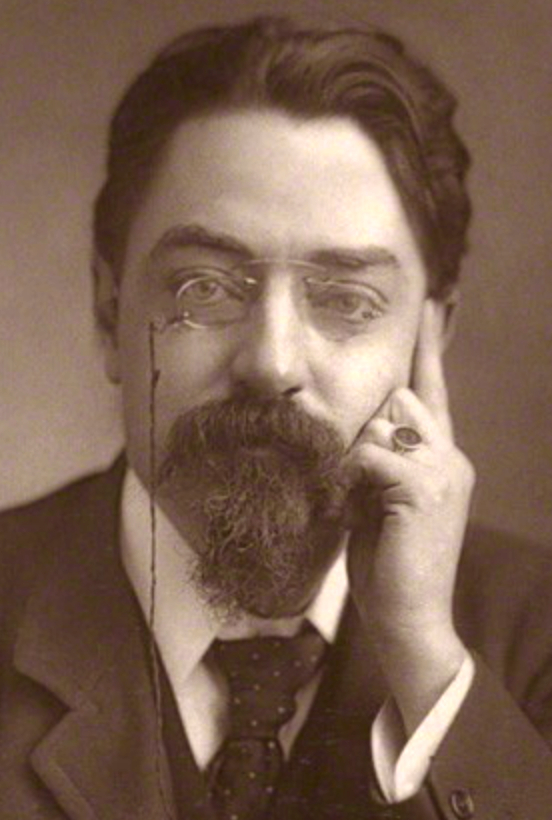On this date in 1859, Sidney Webb was born in London. His father, an accountant, was an avowed socialist. Webb taught himself to read at an early age and as a teen became a clerk in the city of London. In 1886 he earned a law degree from London University and became a freelance journalist on the side. Webb befriended the famous playwright, socialist and fellow freethinker George Bernard Shaw and together they became the heart of the Fabian Society.
Originally the society’s goals aimed at spiritual discovery, but Webb and others reoriented the agenda to political instead of religious values. It developed into an influential intellectual movement.
Webb married a freethinker from high society and, as many friends described, his intellectual soulmate, Beatrice Potter, in 1892. In the same year, Webb won election to Parliament as a Progressive candidate. Webb and Potter together published numerous writings on social reform, including their first book The History of Trade Unionism (1894), edited by Shaw. Webb and Potter were among the first to devise a national health care plan, the origins of Britain’s National Health Service.
Together they founded, along with Shaw, Graham Wallas and others, the London School of Economics, the first social science research school of its kind. “The aim of the School was the betterment of society. By studying poverty issues and analysing inequalities, the Webbs sought to improve society in general” (London School of Economics website.) After their marriage, they devoted the rest of their lives to social reform and education. (D. 1947)
PHOTO: Webb at age 24.


